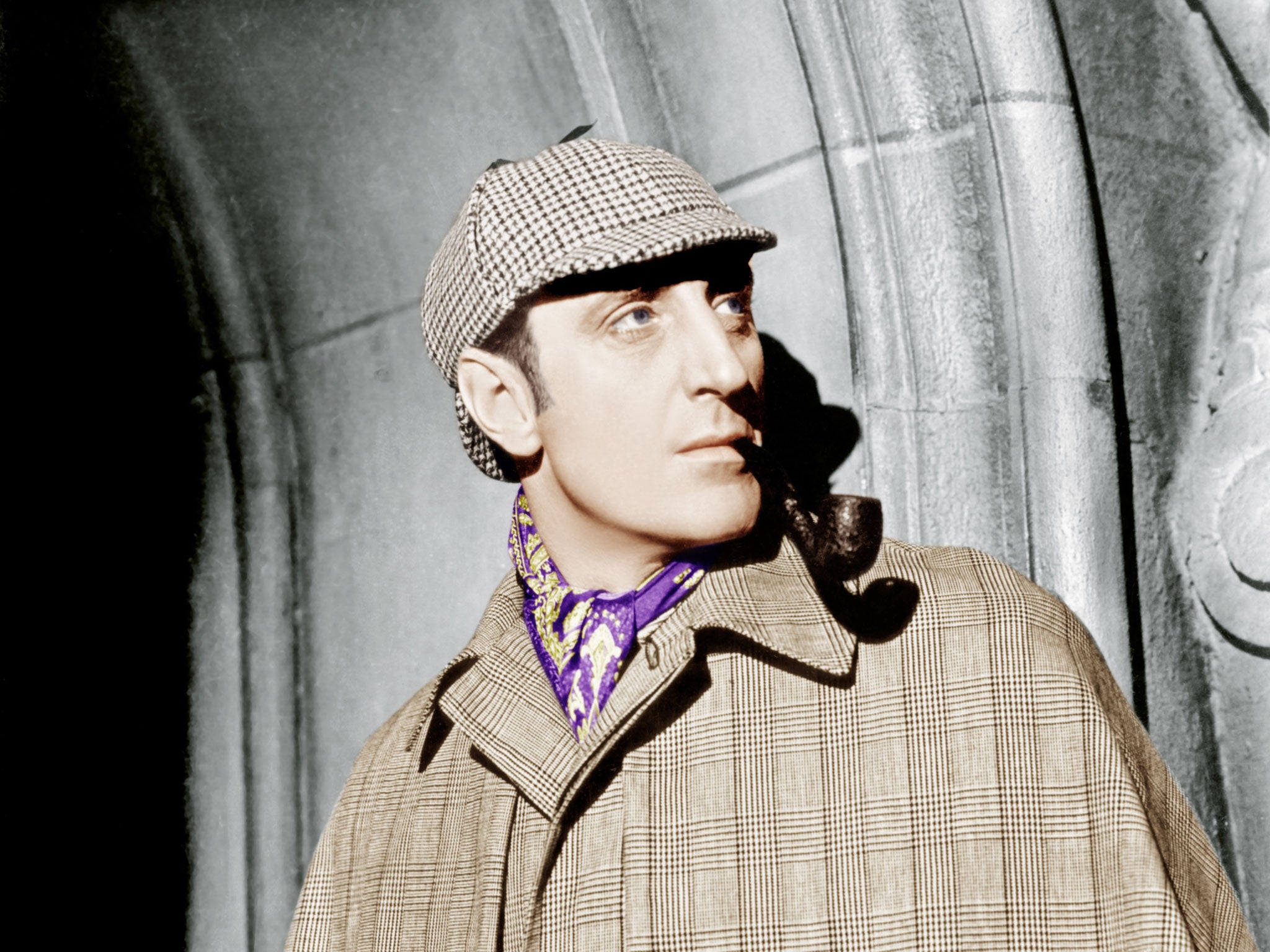Historical fiction round-up: Sherlock Holmes, secrets and a hefty dose of Nordic noir
From Cay Rademacher's The Murderer in Ruins to The Immortals by S E Lister

Hamburg, 1947, in the grip of the iciest winter in living memory, with its half-starved citizenry, is the setting for Cay Rademacher's The Murderer in Ruins (translated by Peter Millar, Arcadia books, £8.99.) The city is full of refugees, displaced persons, Nazis in hiding – no-one can be trusted. In this atmosphere, a murderer is doggedly pursued by Chief Inspector Frank Stave with the assistance of a British officer. Bodies are found on bombsites, but there seems little to connect the killings.
Stave will not abandon hope, though he encounters some of the darkest aspects of the human psyche. Rademacher raises profound questions about individual justice against a background of mass murder. Undoubtedly the most powerful work of crime fiction I have read this year; it has taken four years and a small publisher to bring this out.
Bonnie MacBird's Art in the Blood (HarperCollins, £12.99) is a stylish leap on to the Holmes bandwagon, taking its cue from the original Sherlock's comment, "Art in the blood is liable to take the strangest forms". MacBird has a long Hollywood career in screenwriting, but plunges with brio into 19th-century Europe as her post-Ripperian Holmes chases a missing statue, encountering the famous French criminal-turned-detective, Vidocq, in the Louvre. Nicely imitated Sherlockiana, but when does pastiche topple into plagiarism?
Also supposedly in the tradition of British crime writing comes a Norwegian novel billed by the publishers as "appealing to fans of Agatha Christie", but not in fact belying the gloomy psychotics of Nordic noir.
Hans Olav Lahlum's The Catalyst Killing (Mantle, £16.99) works back from the death of a student in 1968 into Norway's wartime past, the subject of the dead boy's thesis. Agatha Christie never showed much interest in politics and Lahlum himelf says in an afterword that this book was more influenced by Ross Macdonald than Christie. A curiosity of crime fiction, though not exactly gripping.
Diving further back into the Scandinavian past is Marie Grubbe by the 19th–century Danish writer, Jens Peter Jacobsen (translated by Mika Haugard, Dedalus, £9.99). Jacobsen was admired by Joyce for his episodic scene-to-scene abandonment of teleological narrative, and this fictional account of a real-life 17th-century woman is a fine European classic.
Marie, married firstly to a bastard nobleman, then to a wealthy landowner, finally runs off with a coachman and finds the love of her life. While writers in English were anxiously purging female sexuality from their novels, Jacobsen was capturing his heroine's fearless sensuality. No wonder Rilke, Freud and Thomas Mann were also among Jacobsen's admirers, and again, we owe this English version to a small independent publisher.
The full-blown escape into the past offered by the traditional historical novel, is represented by Dinah Jefferies's The Planter's Wife (Penguin, £7.99). In 1920s Ceylon a young woman fresh out from England discovers strange secrets in her husband's past.
Locked doors, old dresses, even a boathouse mystery, this is Rebecca with crocodiles, but it's always a good formula. Very enjoyable as a holiday mystery.
Finally, The Immortals by S E Lister (Old Street, £11.39) roams throughout history in this narrative of a time-travelling family originally doomed to loop back repeatedly to the year 1945. But young Rosa breaks free and shoots off through time and place.
Lush evocations of a Venetian carnival, a 15th-century feast – Lister takes us whirling through time so fast that nothing makes any great impression. Even Hiroshima whizzes by in a flash. It all reminded me of the American tourist at the Louvre: "If this is Tuesday, this must be the Mona Lisa". There can be such a thing as too much history.
Join our commenting forum
Join thought-provoking conversations, follow other Independent readers and see their replies
0Comments